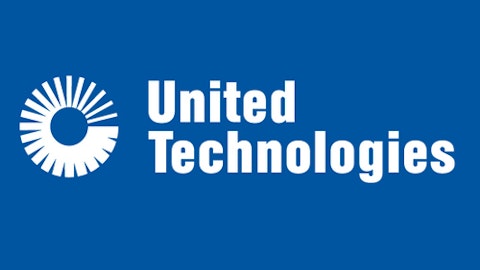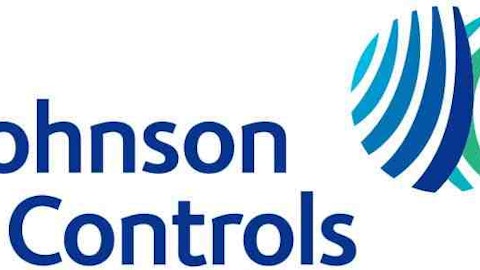Exchange-traded funds offer a convenient way to invest in sectors or niches that interest you. If you’d like to add some smart grid stocks to your portfolio, but don’t have the time or expertise to hand-pick a few, the First Trust NASDAQ Clean Edge Smart Grid Infrastructure ETF could save you a lot of trouble. Instead of trying to figure out which companies will perform best, you can use this ETF to invest in lots of smart grid stocks simultaneously.
The basics
ETFs often sport lower expense ratios than their mutual fund cousins. The First Trust ETF’s expense ratio — its annual fee — is 0.70%, which is a bit more than many ETFs, but still considerably lower than a typical stock mutual fund. The fund is fairly small, too, so if you’re thinking of buying, beware of possibly large spreads between its bid and ask prices. Consider using a limit order if you want to buy in.
This ETF is too young to have a sufficient track record to assess, but it has underperformed the world market over the past three years. It’s the future that counts most, though, and, as with most investments, we can’t expect outstanding performances in every quarter or year. Investors with conviction need to wait for their holdings to deliver.
Why smart grid stocks?
Building a smart grid involves the process of modernizing, digitizing, and making more efficient our electricity industry’s infrastructure. Many expect big things from it, with Cisco Systems, Inc. (NASDAQ:CSCO) CEO John Chambers suggesting, back in 2009, that it will be a bigger business than the Internet. Some smart grid stocks are pure plays, while others are bigger companies engaged in lots of other operations, too.
More than a handful of smart-grid-related companies had strong performances over the past year. Solar energy inverter maker Power One Inc (NASDAQ:PWER), and utility contractor Pike Electric Corporation (NYSE:PIKE), both surged 44%. Power One Inc (NASDAQ:PWER)’s gain is in large part due to its being acquired, at a premium, by Switzerland-based power and automation technology giant ABB Ltd (ADR) (NYSE:ABB). Some have worried about inverters becoming commoditized, but others have admired Power One Inc (NASDAQ:PWER)’s profitability and solid balance sheet.
Expectations for Pike Electric Corporation (NYSE:PIKE) have been so high that the stock slumped in May on news that its third-quarter revenue and EPS grew only by 23% and 33%, respectively. Management blamed the weather for some slowdown in construction. Analysts at Stifel downgraded the stock in March, but then upgraded it back to a buy rating in May.
General Electric Company (NYSE:GE) jumped 24%, and recently yielded 3.2%. The company makes hardware and software for the smart grid, such as its smart meters. It’s pretty far away from being a pure play among smart grid stocks, though, as its portfolio includes everything from light bulbs to refrigerators, to aircraft engines, to mammography systems, to mining equipment, and much more. Its latest earnings report is coming up later this week, and in its last quarter, it posted operating earnings up 15%, and equipment orders up 10%. One factor holding the company back has been weakness in Europe. General Electric Company (NYSE:GE) has been boosting its involvement in renewable energy in recent years.
Canada’s largest energy company, Suncor Energy Inc. (USA) (NYSE:SU) gained 10%, and yields about 2.5%. The company has expertise in deep oil sands, which are not known for cleanliness, but it’s also investing more heavily in renewable energies. In recent news, pipeline shutdowns due to flooding put a crimp in production. Suncor Energy Inc. (USA) (NYSE:SU) is vulnerable to possible tightened regulations on pipelines, and its diversification beyond North America.




